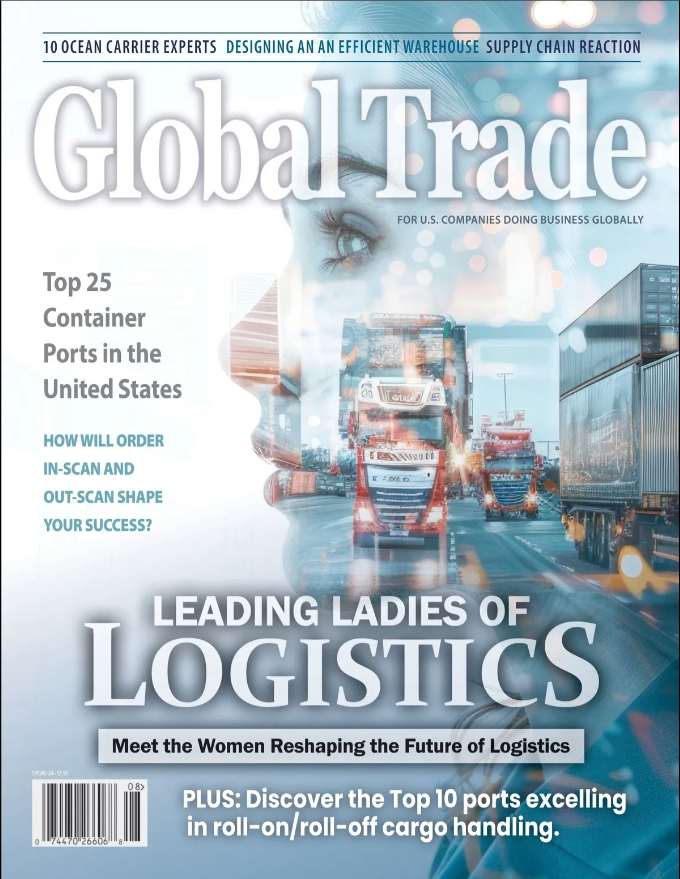Mounting Oil Price Threat Amplifies Supply Chain Concerns Amidst Middle East Tensions
As warnings from the World Bank echo concerns of soaring oil prices amidst ongoing instability in the Middle East, supply chain chiefs face heightened risks and frustrations in navigating global logistics.
The recent alert from the international financial institution underscores the potential for oil prices to surge beyond $100 per barrel, particularly in the event of escalating Iran-Israel hostilities. This development compounds existing apprehensions among supply chain managers, exacerbated by Iran’s recent seizure of a container ship.
Philip Damas, Managing Director and Head of Supply Chain Advisors at Drewry, highlights the expanding risk landscape, particularly in the strategic Suez Canal Red Sea area and the Gulf of Hormuz region, critical gateways responsible for a significant portion of global container traffic.
The seizure of the MSC Aries and threats to close the Strait of Hormuz have intensified concerns among forwarders, shippers, and container lines. Potential impacts include diversions to UAE and Omani ports, necessitating short-term contingency measures to mitigate disruptions.
While ports outside the Strait of Hormuz offer latent capacity, Mr. Damas acknowledges that this alone may not fully address the challenges faced by shippers and forwarders, who anticipate service disruptions and new surcharges.
In addition to geopolitical tensions, the World Bank’s warning of rising oil prices further compounds the complexity of the situation. As tensions escalate, hopes of stabilizing oil prices at $84 per barrel seem increasingly optimistic, with potential inflationary implications globally.
Amidst these challenges, the prospect of additional surcharges, as suggested by Drewry, exacerbates frustrations among forwarders. The strained relationship between forwarders and carriers in recent years adds to the complexities of navigating an increasingly volatile global supply chain landscape.
In summary, the convergence of geopolitical uncertainties and economic warnings underscores the pressing need for resilience and adaptability within supply chain operations to mitigate risks and ensure continuity amidst evolving challenges.





Leave a Reply